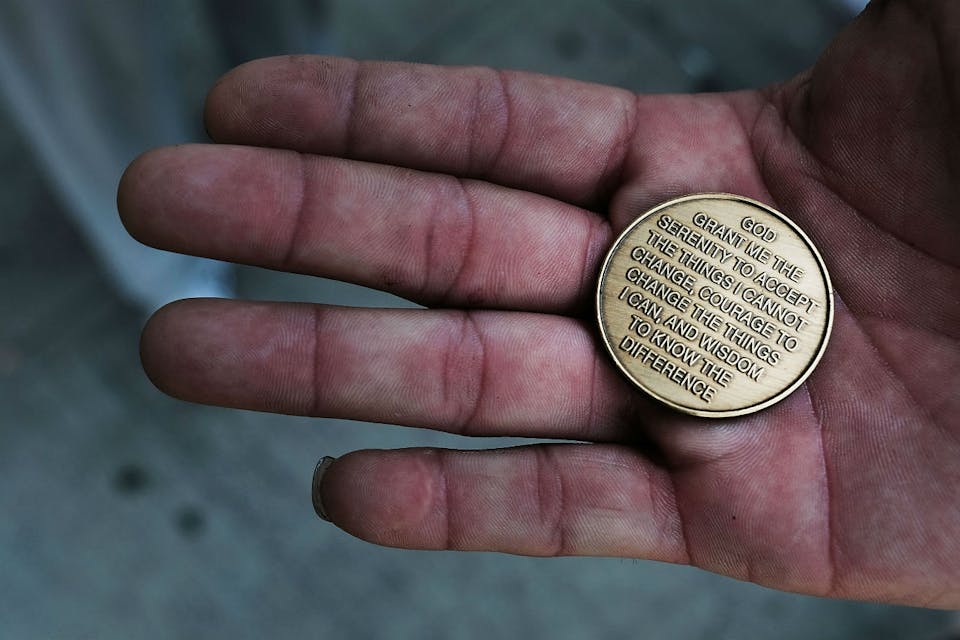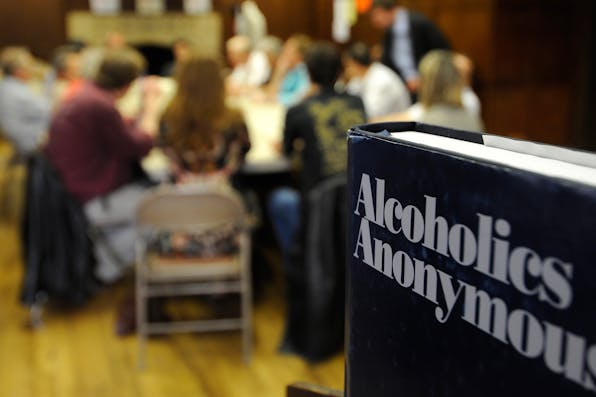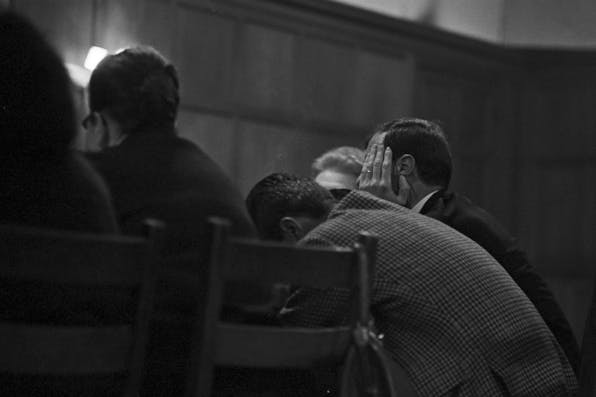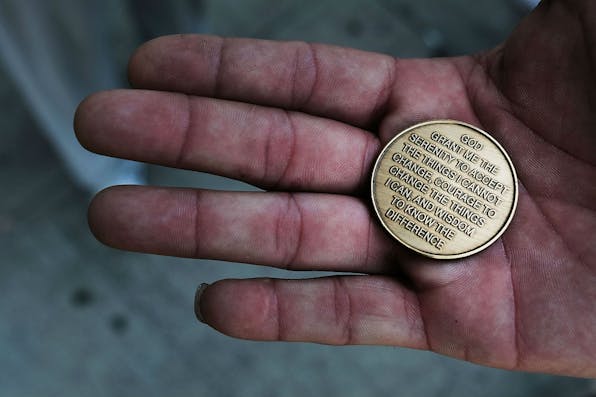
August 28, 2017
Addicts Do Need to Get Right with God, but That Doesn’t Mean They Need Religion
The tools of religion can help; but, like the tools of science, they can also harm.
I’m very grateful to Christopher Caldwell, Paul McHugh, and Tevi Troy for their wise and thoughtful responses to my essay. To Christopher Caldwell I’m especially indebted for “American Carnage,” his essay in First Things about the opioid crisis, which really opened up the subject of the spiritual implications of addiction and prompted me to organize my own thoughts on the topic.
In his comments in Mosaic, Caldwell writes that I am “defending a religious approach to treating drug and other addicts.” This is an understandable way of putting things, but it makes me realize that I have to do a better job of explaining myself. The approach I’m defending is in fact not so much “religious” as—to resort to a much overused and abused term—spiritual. Let me try here to draw the distinction between the two, which strikes me as a crucial one, and to do so first by means of an illustrative quotation.
Who is the author of the statement below: Bill Wilson, the author of the Big Book of Alcoholics Anonymous (AA)? A Christian theologian? One of the Founding Fathers?
Responses to August ’s Essay

August 2017
Why There Is No Secular Substitute for Alcoholics Anonymous
By Christopher Caldwell
August 2017
Challenging the Theophobia of Many Contemporary Social Scientists and Experts on Addiction
By Paul McHugh
August 2017
Judaism Can Help Those Whose Electronic Yearnings Get the Better of Them
By Tevi Troy
August 2017
Addicts Do Need to Get Right with God, but That Doesn’t Mean They Need Religion
By Jeffrey Bloom